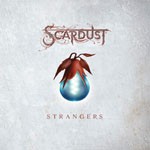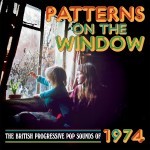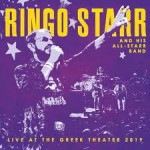Share the post "Interview with JOHN ILLSLEY (Dire Straits) – 1 June 2014"

John Illsley was a founder member, bass player and contributing vocalist to the 120 million album selling Dire Straits, until the group dissolved in 1995.
Since then, he’s enjoyed a sporadic four album solo career, established himself as a painter and recently overcame leukaemia, an event that was partly instrumental in his return to his love of songwriting.
Pete Feenstra talks to John about ‘Testing The Water’, his most personal album too date.
It’s 30 years and 4 albums since your debut solo album ‘Never Told A Soul’?
Yes that right The first one was ‘Never Told A Soul’ and I’ve done a few since then, but I’m primarily a writer really so I do take bit of time to get a song together and every few years I manage to pull an album out of the bag. And that’s where we are right now.
‘Testing The Water’ is probably your best and certainly your most personal album so far?
Well that’s kind of you to say so, but other people will have to be the judge of that, but yeah, it was a pretty personal album. The last few years have been pretty interesting to say the least, not just for me but the world too I think, and we’re just trying to make sense of that really. If we write some ideas down and then offer them to people, then they can make sense of it all as well. I mean that’s the process really.
There’s almost a concept to the whole album isn’t there?
Yeah, well I don’t know if you agree with this, but I think we’ve had some pretty difficult times in the last few years. We’ve been dragged into different conflicts around the world, which were a bad idea at the time.
Most of us knew it was a bad idea at the time and now suddenly the powers that be are saying it was a bad idea, and cost a lot of money. It’s about time that people made decisions about various activities a little bit more carefully instead of gun-ho…. blindly going round trying to sort other people’s problems out.
Both the album and the title track ‘Testing The Water’ seems to encompass all your ideas and thoughts?
Yes, all this is really an attempt to understand bits of the world which are a bit of a mystery to most of us. It seemed to me to sum up where I was at that particular point in time, and perhaps where maybe a few other people were at the time as well. We tend to live in a bit of a bubble in the west. We are well protected, we live a well organised and secure existence and from that particular perspective we then go around the place causing trouble.
I think it’s about time politicians and the powers that be took a pretty hard look at themselves and reflected on history for example, because they never look in the mirror and reflect on what’s been going on in the past and what they’ve caused. They always find a bloody excuse saying it someone else problems, I find it profoundly aggravating.
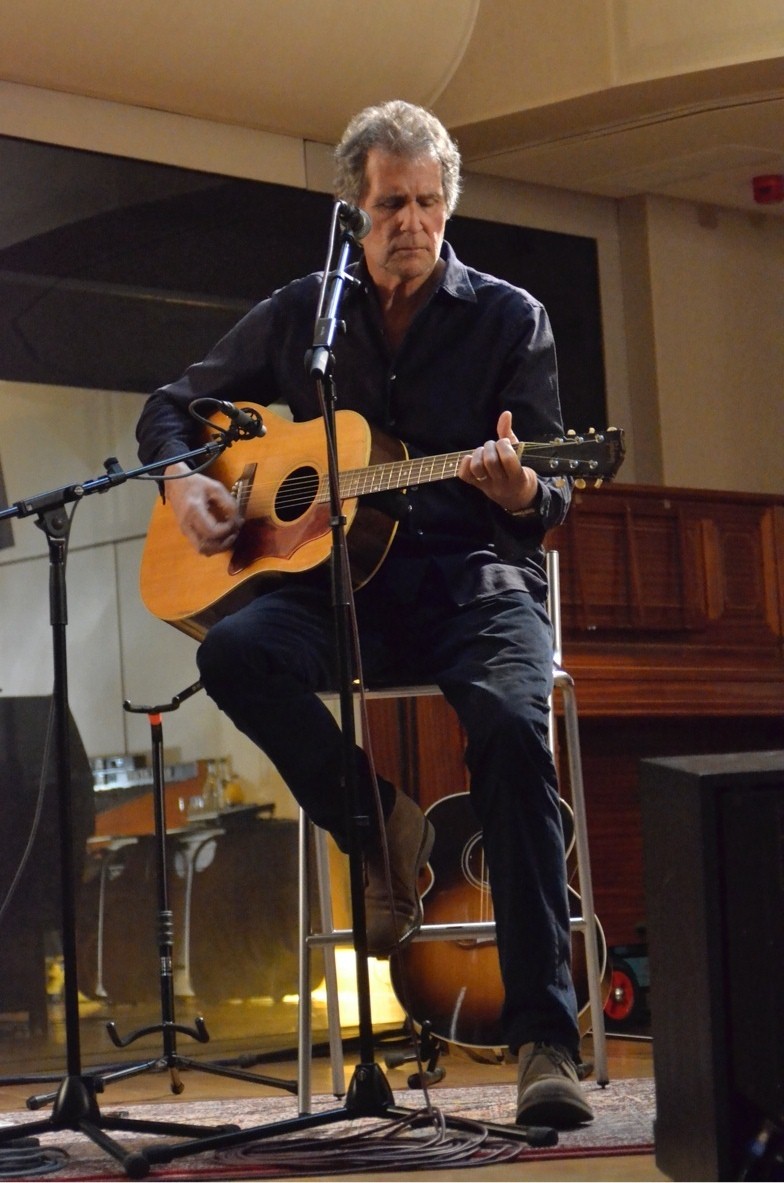
There’s certainly a lot of short term thinking involved?
Well that’s one aspect of it, but there’s a certain responsibility if you are going to be a politician or a supposed “world leader”. You should show some respect for not only the country you’re living in, but also for the countries which you’re dealing with. And although we might not agree with certain religious practices or certain political structures that go on in other parts of the world, you’ve got to respect them.
You can’t just go in there and say we don’t like that, we’re going to change that. I mean that is just arrogance on a massive scale and also smacks of imperialism and all the stuff that we really should be moving away from.
I’m wondering if these songs were specifically written about say Iraq or Afghanistan, because some of your lyrics could equally apply to the more recent incursions by Putin for example?
No you’re right actually, but there’s one line in ‘Darling Heart’, when I ask: ‘Can you be a politician and a human being too?’ which kind of sums it all up for me.
‘Darling Heart’ also has lovely reggae lilt to it and more dark lyrics, such as: ‘Pulled the devil from the darkest place, Woke him up and set him free’. Who is the devil you are singing about?
Well It’s a little bit naughty that, basically the idea of that was you go to a foreign country and lift the lid on Islamic fundamentalism and you let the kind of devil out the bag if you like, and then what do you do? You take the devil up from the deepest place and you woke him up then set him free. That wasn’t a problem until we went over there and started fiddling about with them encouraging some kind of reaction to us.
You’ve penned some great individual lines that summarize a song as a whole. Did you realise that when you wrote them?
In some ways kind of later, but what you try and do is to synthesize the idea down to a few words if you can, which is very, very difficult. Sometimes it comes easy and sometimes you might only write a line or two a day, and then go back and change it again. I’ve just been reading some of Leonard Cohen interviews and I can relate to song writing in the way he does.
Yes you quote him on the album: ‘If I knew where the good songs came from I would go there more often’.
Yeah, to me he’s a consummate songwriter, and fantastic songwriter, and I can see why sometimes he can only write a word a day – I can see what he means. Sometimes it’s incredibly difficult to get the idea you’ve got about something into a line that makes sense.
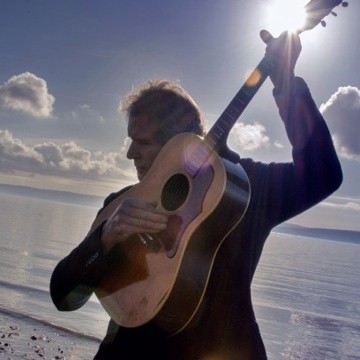
On ‘Run For Cover’ you sing: “Some things are holy, some things are damned, Things get messy when nothing is planned’. And on ‘Sometimes’ you sing: ‘Sometimes life can hit you hard, Find no winners on the card.’ Your message is often succinctly distilled in a line?
Yes well, I spent a lot of time on these lyrics I have to say. I kept working on them until I was OK with them. It’s not perfect but it’s about as close as I can get right now I think.
Could you have written songs like this 30 years ago?
I don’t think so. I wouldn’t have been thinking like that back then. I was on a different kind of treadmill with the whole Dire Straits thing which was very active then in the late 70’s and 80’s.
Were you a frustrated songwriter in Dire Straits?
I’ve always jotted things down in books and things… ideas etc. I’m quite slow as I said earlier, but one of the treats of working with Mark, he is someone who uses words and language in the most fantastic way and has written some absolutely cracking songs. So in a sense I’ve been a bit of a student while working with him…. you know?
The way we used to work together and listening to the way he puts lyrics together, it was quite good being in his world with his writing and that helps you to figure out how to pull a song together.
Were you a creative part in the arrangements of Dire Straits, as this album carries your generic footprint?
It’s rather a peculiar question, because in 1976 when Mark and I first started playing together, the way we interacted and the way I played with Pick Withers and the rest of it, this is the basis of how Dire Straits worked together, with Mark’s guitar style and the bass and drums etc.
So that’s really the way that I play and it’s what I would call the engine room of Dire Straits if you like. It doesn’t matter which drummer I’m playing with as Ill try and create the same feeling in the music. So in a sense, I’ve had a pretty important role to play in the overall feeling of the band, and that’s the way I play music now with my band, that’s the way I approach it.
Presumably it was always Mark’s songs from the beginning and there was no suggestion about anyone else writing material?
Well, that’s always tricky one and you don’t always want to go down into that area. In a way the band was shaped around Mark’s writing, singing and guitar playing and then all the different parts came around that to make it function.
Before we even got to the studio we’d sit in a room with a guitar, keyboard and a drum machine or whatever, and Mark would bring in some ideas and we’d knock them about until they made sense together.
Sometimes they did and sometimes they didn’t, and sometimes things took a long time. Often on the road, things were worked out at sound checks for instance.
Songs like ‘Telegraph Road’ for example – apart from being a long song – took quite a long time to get the arrangement together and make it work, so you contribute bits and pieces into all these situations all the time. Fundamentally, the initial idea would come from Mark but then there was a group approach to making it all work.
This is your fourth solo album, when do you think you found your own voice as a writer and singer?
I’m kind of working on that all the time, to be honest, I think the more one does it, the more aware you are of the possibilities in your own voice. On ‘Streets Of Heaven’ I definitely got more tuned into the kind of vocal areas and range that I was comfortable with. And then subsequently on ‘Testing The Water’, I feel much more comfortable now with the way I sing.
On the first two albums I possibly hadn’t found my voice, but on ‘Streets of Heaven’ I was getting there and on this one I’m probably getting closer. But I think you work on these things all the time, it’s a never ending process of trying things and attempting to put some quality and some depth into what you’re trying to do.
Apart from the 12 year old ‘When God Made Time’, were most of these songs specifically written for this album?
‘When God Made Time’ is definitely one that goes back years. Do you know the story about that song? The title came from a turn of phrase used by an Irish lady. My family and I were sheltering from a bit of a rain storm in a garden in Southern Ireland. I just chatted to this lady and said; ‘It’s a shame we haven’t got time to look at the garden now ‘cos it’s raining’, and she said: ‘you now when God made time, he made plenty of it!’
I thought I’m never going to forget that line and one day I’ll put it in a song and it only took me twelve years (laughs).
The other songs came in the last couple of years. I don’t know if you read about the illness I had, but I wrote three of the songs when I was in hospital in isolation. That’s where I wrote ‘Railways Tracks’, ‘Darling Heart’, and ‘Run For Cover’. I was stuck in a hospital room without any communication with the outside world and so I brought the guitar in with me and some note books and stuff and wrote some material while I was getting better.
On songs like ‘Nothing To Do’, there’s a sharp contrast between the melodic sweep and doomy lyrics.
It’s really a process of elimination to try and find out what fits with what. When you’ve got some lyrics and you’re trying to put some music to them and trying to knit the whole thing together, sometimes it’s quite good to have that contrast with a fairly light musical approach with some lyrics that are maybe a little bit more twisted.
On something like ‘Run For Cover’ for example, there’s more of an intense approach while ‘Testing The Water’ is much more of a synthesized piece and has a very positive outcome. You basically work on them until you make them as good as you can, but then you have to leave it as you can get a bit frustrated in the end if your not careful.
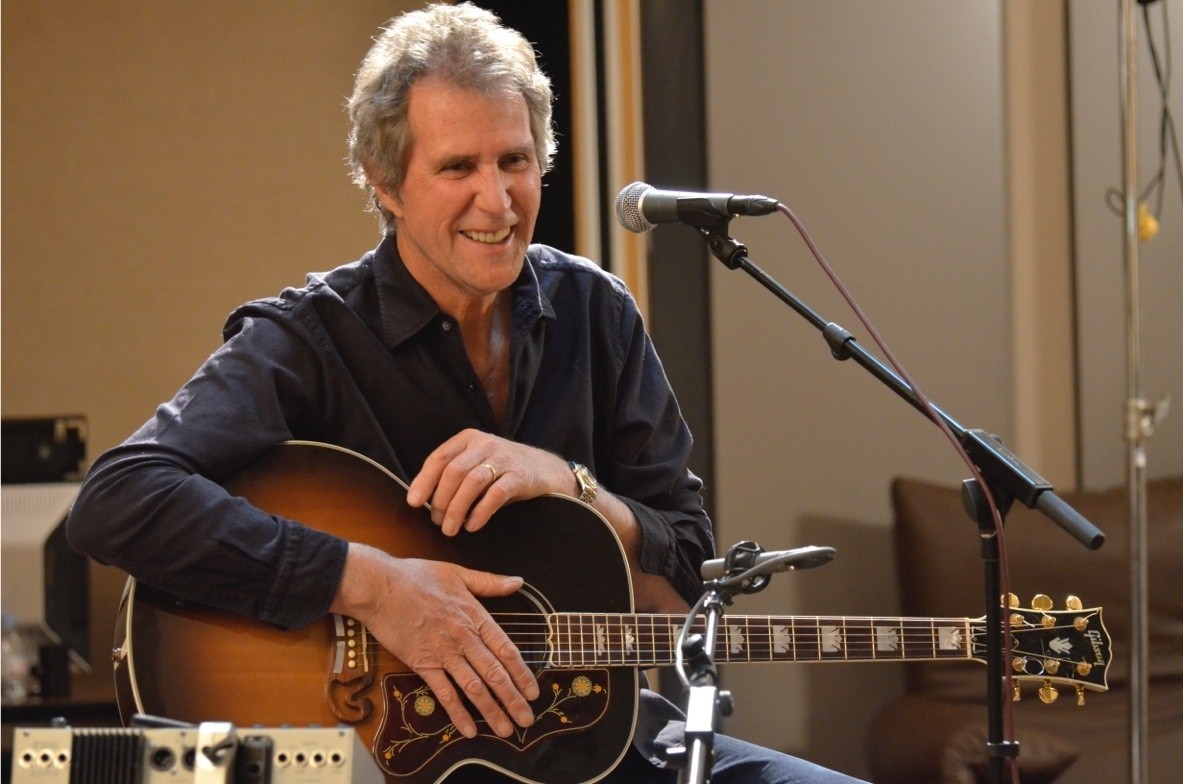
‘When God Made Time’ is the single, but ‘Sometimes’ sounds an equally strong contender?
Yeah I was keen on that, but when it comes to singles I’m afraid I’m not really an expert on that. I remember when we did ‘Brothers In Arms’ and songs like ‘Walk Of Life’, we weren’t thinking about singles, we were just thinking about the songs. I’m afraid we still come from that school of thought where an album should be put on at the beginning and taken off at the end and everything should sort of fit together.
You spend a long time putting the songs in a certain order so they work one after the other. I know we live in a world where you just pick up tracks and don’t even think about the album etc., but I still like to think about the flow of the music from one to the other. But yeah I’m very fond of ‘Sometimes’, it’s got a J.J. Cale influence to it.
I’ve had a love affair with J.J. Cale since I first head ‘Same Old Blues’ in 1975 or ‘76 I think it was. I’m a huge fan still and I also wanted Robbie McIntosh to do some playing on that track and he was just fabulous.
He seems the perfect choice for that style of music?
He’s a wonderful guitar player. To say that he’s underrated isn’t quite true because he’s very highly rated by fellow musicians. Sadly he can’t be with me at the Jazz Café show, as he’s got a long term commitment with Tom Jones, but I’ve got Phil Palmer who played with Dire Straits, with me that night, and he’s also a wonderful player.
You’ve recorded some of the album at British Grove with your old friend Guy Fletcher as part of the recording process?
British Grove is a fantastic studio and I’ve worked at studios all round the world, but without a doubt its fantastic place to record. The way we did it was, I went down to Guy Fletcher’s little studio near Chichester and gathered together all the sketches of the songs with him and we worked together on patterns and ideas and things and then took them to British Grove and got the band to play them live.
Then we went back to Guy’s place and did a few overdubs and such like. I did quite a few vocals at British Grove as they have fantastic mics there. There’s some other stuff we did there as well, as I wanted to do a video of this album, but I didn’t want to just do go in and do a play back of the songs.
So I said to all the guys that played on the album and a few other mates, let’s do an acoustic version of three of the songs – ‘Run For Cover’, ‘Railways Tracks’ and ‘When God Made Time’ – and record and film it live in the studio with all the girl back up singers. They all came out really well and it was really great having the acoustic feel to these songs a completely different approach to the songs.
Your current set includes the new material which has gone down very well and Dire Straits material. Do you still enjoy playing Straits classics?
I love playing them. I just came back from Italy where I did 8 or 9 gigs over there with some old Dire Straits mates. We did a celebration of the songs tour, and played all the old stuff like ‘Sultans Of Swing’ and ‘Telegraph Road’, and we put a couple of my songs into the set and they went down pretty well. I also really loved playing live again.

Regarding your painting, in the past you’ve said: ‘Art is pure isolation’. That’s quite a big change from playing with Dire Straits and your solo career isn’t it?
It’s a lovely thing to be able to do, to simply go off and enjoy playing live in front of people and all the consequences of that, the crowd, the lights, the sound and the excitement of it. And then there’s a wonderful tranquillity which I get when I go into the studio and paint.
It’s a completly different experience, but you’re still trying to communicate, still trying to work with something and trying to communicate an idea to somebody else. So there’s very similar end game but with a different approach.
When did you switch from bass to guitar?
I started playing guitar when I was 14, and I’ve always run the guitar parallel to the bass. I playing bass on the gigs partly because I found some great guitar players and I’m quite happy strumming an acoustic.
My guitar playing is fairly rudimentary, I only really use it for writing songs to be honest, and there are lots of better guitar players around than me. I’ve always played guitar, but I could quite happily play rhythm guitar in my own band, but I think if I’m playing bass it gives me the feel I want.
That old engine room again?
Yes!
John Illsley releases his new album ‘Testing The Water’ on Creek Touring & Records on June 16th and will be launching the new album with a special show at The Jazz Café on June 19th. For more information visit http://www.johnillsley.com/
Interview © June 2014 Pete Feenstra
Featured Artist: JOSH TAERK
Since early 2020 Josh has been entertaining us with exclusive monthly live sessions,
Check out videos here: https://www.facebook.com/getreadytorockradio
Upcoming sessions:
March 8
April 12
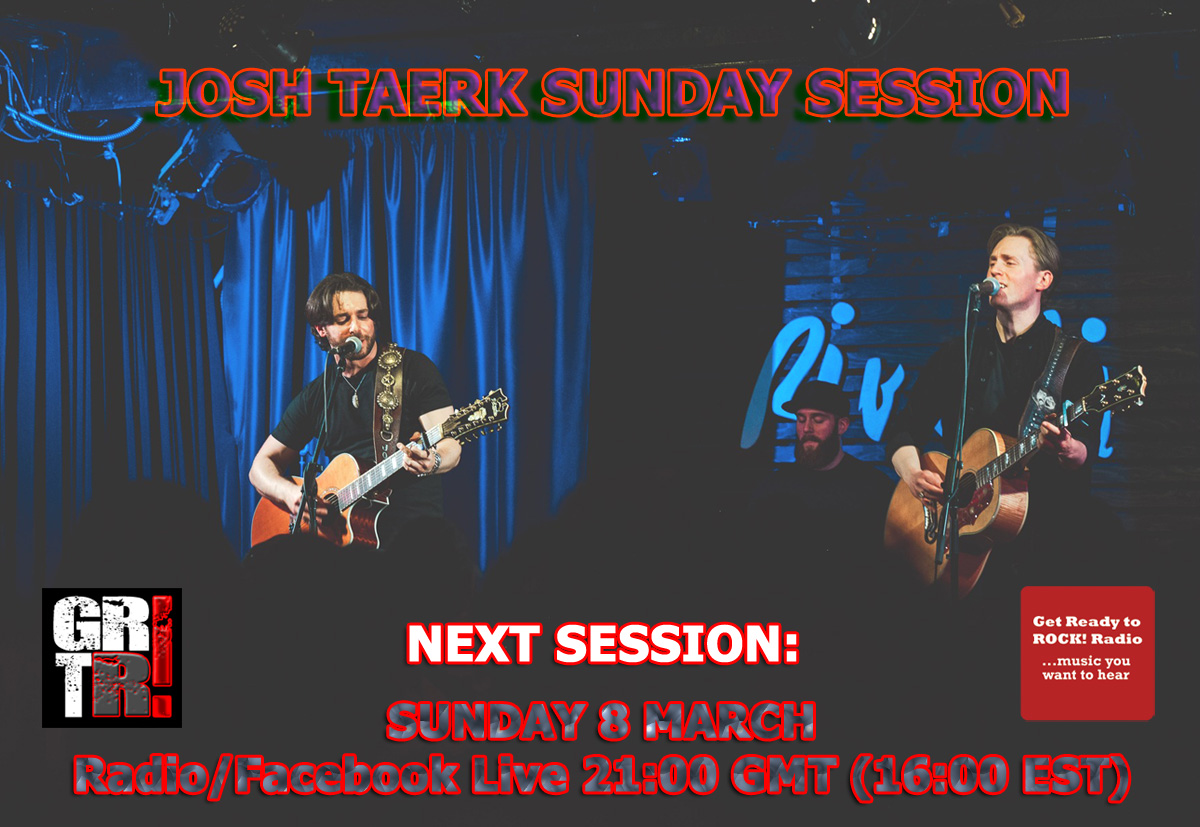
David Randall presents a weekly show on Get Ready to ROCK! Radio, Sundays at 22:00 GMT, repeated on Mondays and Fridays), when he invites listeners to ‘Assume The Position’. The show signposts forthcoming gigs and tours and latest additions at getreadytorock.com. First broadcast 15 February 2026.
UK Blues Broadcaster of the Year (2020 and 2021 Finalist) Pete Feenstra presents his weekly Rock & Blues Show on Tuesday at 19:00 GMT as part of a five hour blues rock marathon “Tuesday is Bluesday at GRTR!”. The show is repeated on Wednesdays at 22:00, Fridays at 20:00). First broadcast on 17 February 2026
How to Listen Live?
Click the programming image at the top of the page (top right of page if using desktop)
Get Ready to ROCK! Radio is also in iTunes under Internet Radio/Classic Rock
Listen in via the Tunein app and search for “Get Ready to ROCK!” and save as favourite.
More information and links at our radio website where you can listen live or listen again to shows via the presenter pages: getreadytorockradio.com
Power Plays w/c 2 March 2026
DODGY – It’s Not The End (Flip Flop Records)
THE SKBs – Hour Glass (indie)
LAKE – Boy On A Mission (indie)
KING FALCON Holding Out (indie)
HOKKA Heart Said No (Nuclear Blast Records)
STARBENDERS The Beast Goes On (Sumerian Records)
EDDIE AND THE WOLVES See Me Fall (indie)
Featured Albums w/c 2 March 2026
09:00-12:00 The Best of 2003 – 2025 (Melodic Rock)
12:00-13:00 The Best of 2003 – 2025 (Melodic Hard Rock)
14:00-16:00 The Best of 2003 – 2025 (Singer Songwriter)
Our occasional Newsletter signposts latest additions to the website(s). We also include a selection of recent top albums, based on GRTR! reviewer ratings. The newsletter is sent out a few times a year.
If you’d like to register to receive this occasional mailing please complete the form:
If using a smartphone/tablet please tap here or re-orientate your device
(Note that this registration is separate from site registration which allows you to leave comments and receive daily emails about new content. If you wish to register for this – in addition or separately – please click or tap here – for more information – the form is at the foot of each page. Please read our privacy policy when opting-in to receive emails.
Recent (last 30 days)
Share the post "Interview with JOHN ILLSLEY (Dire Straits) – 1 June 2014"

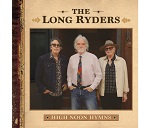
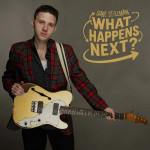
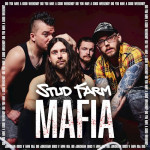
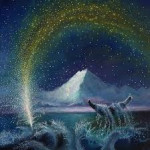
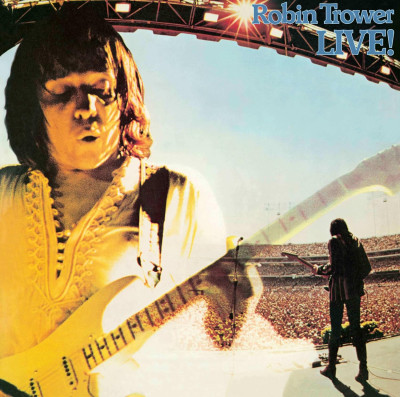
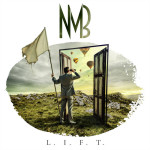
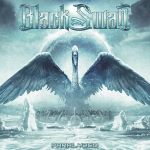
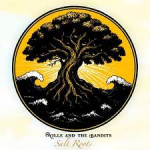
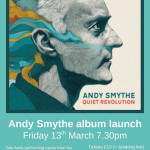
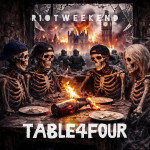
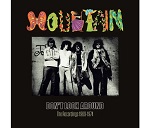
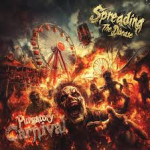
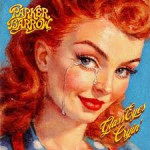
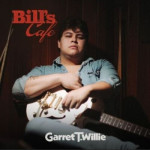
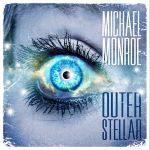
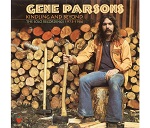
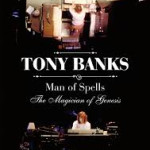
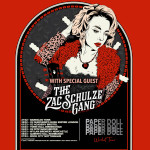
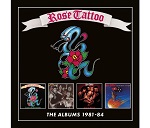
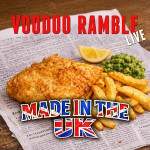
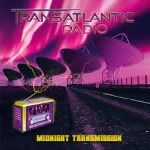
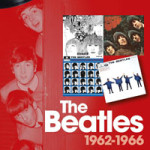
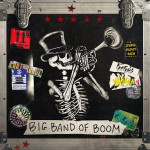

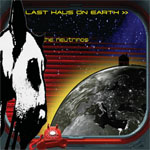
 PDF - you can delete unwanted sections
PDF - you can delete unwanted sections

















